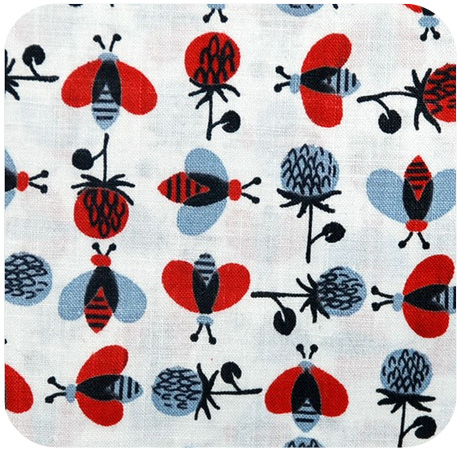As the poet says “Bees are the batteries of orchards”. Nothing pollinates an orchard better than a steady supply of bees. Which is why I found myself attending one of the monthly meetings of the local beekeepers association. A Thursday night in late March; the meeting takes place in a village hall. And let me add as a quick aside that I do like community spaces like village halls. They remind me of my childhood where anything of note took place in the church hall. The St. Martin’s church hall of my youth was damp, drafty and earnest. We had Girl Guides meetings there, AA meetings as well (though as a child I had no need) and jumble sales. Jumble sales are what Americans call ‘flea markets’ I think. Basically, people selling used goods, sometimes for a good cause, and other people picking and buying among the goods on offer.
I’ve gone off topic again. Anyway, upstate New York, local beekeepers. I sat through the presentation on solitary bees. Apparently there are types of bees that don’t live in hives and don’t produce honey. They live in rotted wood (I think) and are just as good as honeybees when it comes to pollinating. I pictured the solitary bees as loners, introverts. Not unlike myself. They spend the day pollinating then go back to their own place in an old log and, I don’t know, heat up a meal-for-one and luxuriate in their own space. Again—I’m at the meeting, I introduce myself when invited to do so and say that I’m revitalizing an orchard and if anyone wants to place hives in it they should speak to me. I wouldn’t charge for the space but if they wanted to give me the occasional jar of honey that would be great.
Nothing is ever simple. Turns out there is a big divide in the beekeeping community about who honey belongs to. There are those who keep hives and collect the honey. They use it for themselves or they sell it or give it away. There are others—more radical beekeepers who argue that honey belongs to those who make it i.e. the bees. Tend the hives, protect them, but leave the honey to feed the bees. Well, I guess I had never thought of it that way…I know I had never thought of it that way.
So an intense man came up to me pressing documents in my hand and urging me to respect the bees. Another man came up to me and said I had done it all wrong and that I should be paying beekeepers to put hives on my property—not expecting payment for use of the land. After all they were adding value. I began to flush at that point. Had I really made such an egregious error? But then I saw a woman at the fringe of the group roll her eyes at that speech and interrupt. “I need space for my hives” she said. “I live in an apartment in town with no room. I’m new at beekeeping and I’d be happy for a place to put my hive.”
Her name’s Donna. She’s coming over this weekend. We’re going to have bees!


Nice! So rolling eyes has its place! Good to know!
Loved this piece! Actually giggled at the eye rolling lady. She certainly came to your rescue! May you have a long and happy beeship! This was interesting to me because it just dawned on me the other day that with bees dying off at an alarming rate, pretty soon there wouldn’t be any pollination if something didn’t change. When I put that question to his lordship, Sir Drollery, he just . . . (yes) rolled his eyes. 😮
Great! I can’t wait to read “C” 🙂 I’ve been thinking about getting a beehive…I want bees to thrive and I want honey…and I need a place to put the hive if I get one – I can only hope for as amenable a hive home as what you have on offer.
I really enjoyed reading this today. Although I didn’t grow up near a church or a village hall myself, my children did. Like you, I too “like community spaces like village halls.” From mother -toddler groups to hiring the hall for birthday parties, it’s good to catch up over a cup of tea in a place which belongs to everyone in the neighborhood.
All the best with the bee venture and Donna sounds like the kind of person the bees would like.
Thanks Arti!